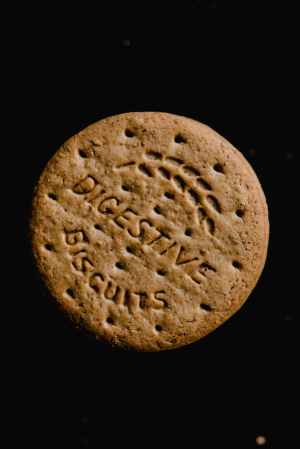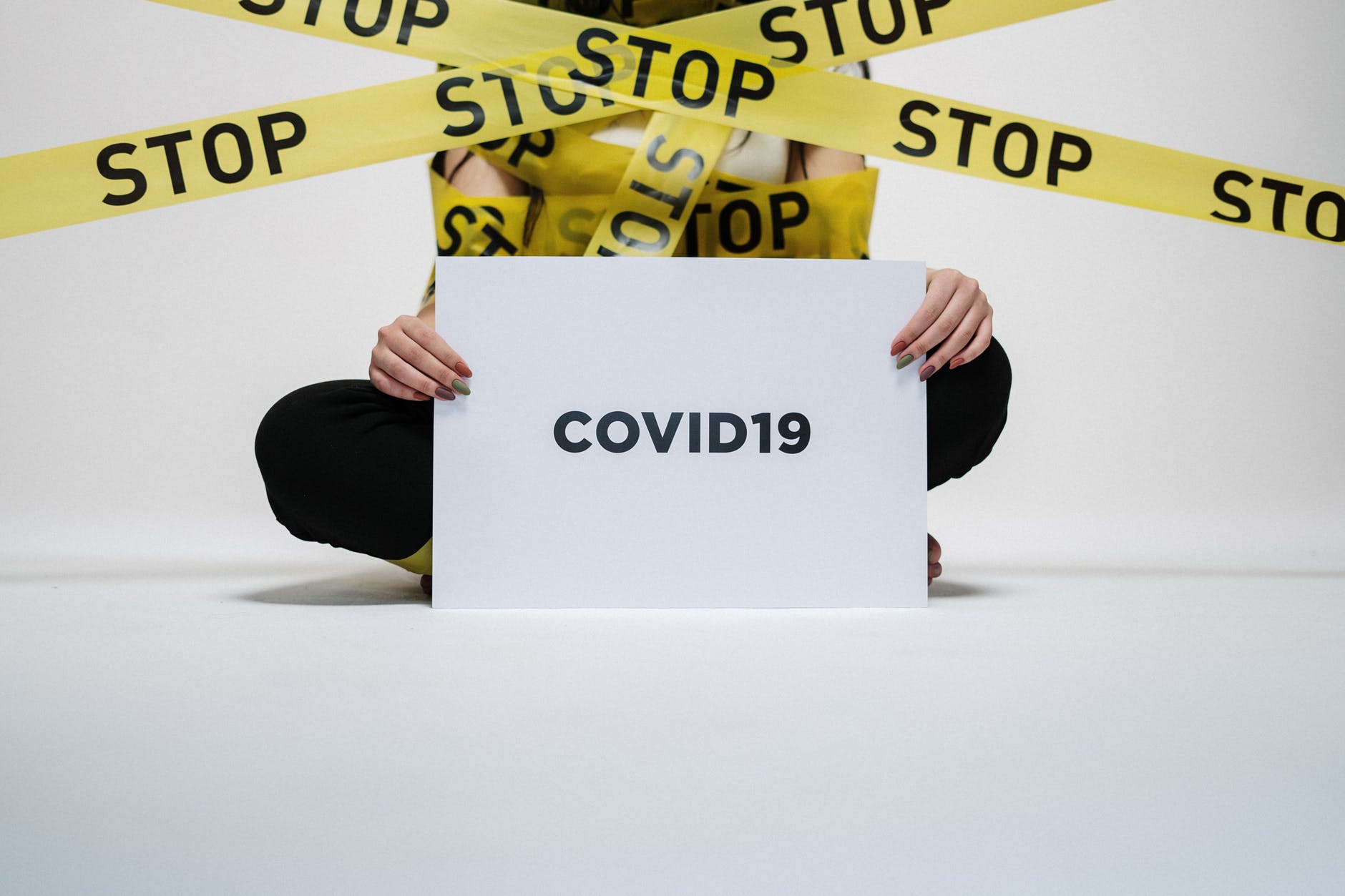Fatigue Cause No. 1: Not Enough Sleep
It may seem obvious but you could be getting too little sleep. That can negatively affect your concentration and health. Adults should get seven to eight hours every night.
Fix: Make sleep a priority and keep a regular schedule. Ban laptops, cell phones, and televisions from your bedroom. Still having trouble? Seek help from a doctor. You may have a sleep disorder. For simple insomnia, hypnosis works great! It’s also been shown to improve deep sleep. Schedule a session and try it out!
Fatigue Cause No. 2: Sleep Apnea
Some people think they’re sleeping enough, but sleep apnea gets in the way. It briefly stops your breathing throughout the night. Each interruption wakes you for a moment, but you may not be aware of it. The result: you’re sleep-deprived despite spending eight hours in bed. Your doctor may order a sleep study to check for this.
Fix: Lose weight if you’re overweight, quit smoking, and you may need a CPAP device to help keep your airway passages open while you sleep.
Fatigue Cause No. 3: Not Enough Fuel
Eating too little causes fatigue, but eating the wrong foods can also be a problem. Eating a balanced diet helps keep your blood sugar in a normal range and prevents that sluggish feeling when your blood sugar drops.
Fix: Always eat breakfast and try to include protein and complex carbs in every meal. For example, eat eggs with whole-grain toast. Also eat small meals and snacks throughout the day for sustained energy. With hypnosis you can gently train your mind to naturally make healthy eating choices.
Fatigue Cause No. 4: Anemia
Anemia is one of the leading causes of fatigue in women. Menstrual blood loss can cause an iron deficiency, putting women at risk. Red blood cells are needed because they carry oxygen to your tissues and organs.
Fix: For anemia caused by an iron deficiency, taking iron supplements and eating iron-rich foods, such as lean meat, liver, shellfish, beans, and enriched cereal, can help.
Fatigue Cause No. 5: Depression
You may think of depression as an emotional disorder, but it contributes to many physical symptoms, as well. Fatigue, headaches, and loss of appetite are among the most common symptoms. If you feel tired and “down” for more than a few weeks, see your doctor.
Fix: Depression responds well to talk therapy and/or medication. With the advice of your doctor or therapist, hypnosis can be a good adjunct therapy.
“It seems most effective complementing cognitive behavioral therapy or interpersonal psychotherapy,” says Steve G. Kopp, a licensed mental health counselor and marriage and family therapist.
Fatigue Cause No. 6: Hypothyroidism
The thyroid is a small gland at the base of your neck. It controls your metabolism, the speed at which your body converts fuel into energy. When the gland is underactive and the metabolism functions too slowly, you may feel sluggish and put on weight.
Fix: If a blood test confirms your thyroid hormones are low, synthetic hormones can bring you up to speed. But coping with hypothyroidism can sometimes be very challenging. Get some hypnotic help to keep you strong and resilient as you find your path towards greater health.
Fatigue Cause No. 7: Caffeine Overload
Caffeine can improve alertness and concentration in moderate doses. But too much can increase heart rate, blood pressure, and jitteriness. And research indicates too much actually causes fatigue in some people.
Fix: Gradually cut back on coffee, tea, chocolate, soft drinks, and any medications that contain caffeine. Stopping suddenly can cause caffeine withdrawal and more fatigue. Hypnosis can help you overcome caffeine addiction and get your natural energy back.
Fatigue Cause No. 8: Hidden UTI
If you’ve ever had a urinary tract infection (UTI), you’re probably familiar with the burning pain and sense of urgency. But the infection does not always announce itself with such obvious symptoms. In some cases, fatigue may be the only sign. A urine test can quickly confirm a UTI.
Fix: Antibiotics are the cure for UTIs, and the fatigue will usually vanish within a week.
Fatigue Cause No. 9: Diabetes
In people with diabetes, abnormally high levels of sugar remain in the bloodstream instead of entering the body’s cells, where it would be converted into energy. The result is a body that runs out of steam despite having enough to eat. If you have persistent, unexplained fatigue, ask your doctor about being tested for diabetes.
Fix: Treatments for diabetes may include lifestyle changes such as diet and exercise, insulin therapy, and medications to help the body process sugar.
Fatigue Cause No. 10: Dehydration
Your fatigue can be a sign of dehydration. Whether you’re working out or working a desk job, your body needs water to work well and keep cool. If you’re thirsty, you’re already dehydrated.
Fix: Drink water throughout the day so your urine is light colored. Have at least two cups of water an hour or more before a planned physical activity. Then, sip throughout your workout, and afterward drink another two cups.
Fatigue Cause No. 11: Heart Disease
When fatigue strikes during everyday activities, such as cleaning the house or weeding the yard, it can be a sign that your heart is no longer up to the job. If you notice it’s becoming increasingly difficult to finish tasks that were once easy, talk to your doctor about heart disease.
Fix: Lifestyle changes, medication, and therapeutic procedures can get heart disease under control and restore your energy. Here too hypnosis can be a useful adjunct.
Fatigue Cause No. 12: Shift Work Sleep Disorder
Working nights or rotating shifts can disrupt your internal clock. You may feel tired when you need to be awake. And you may have trouble sleeping during the day.
Fix: Limit your exposure to daylight when you need to rest. Make your room dark, quiet, and cool. Still having sleep issues? Talk with your doctor. Supplements and medications may help, and hypnosis may be appropriate.
Fatigue Cause No. 13: Food Allergies
Some doctors believe hidden food allergies can make you sleepy. If your fatigue intensifies after meals, you could have a mild intolerance to something you’re eating — not enough to cause itching or hives, just enough to make you tired.
Fix: Try eliminating foods one at a time to see if your fatigue improves. You can also ask your doctor about a food allergy test.
Fatigue Cause No. 14: CFS and Fibromyalgia
If your fatigue lasts more than six months and is so severe that you can’t manage your daily activities, chronic fatigue syndrome or fibromyalgia are a possibility. Both can have various symptoms, but persistent, unexplained exhaustion is a main one.
Fix: While there’s no quick fix for CFS or fibromyalgia, patients often benefit from changing their daily schedule, learning better sleep habits, and starting a gentle exercise program. These illnesses tend to be very hard to treat and benefit from a multi-pronged approach, including hypnosis to help lower pain levels and deal with stress.
Fast Fix for Mild Fatigue
If you have mild fatigue that isn’t linked to any medical condition, the solution may be exercise. Research suggests healthy but tired adults can get a significant energy boost from a modest workout program. In one study, participants rode a stationary bike for 20 minutes at a mild pace. Doing this just three times a week was enough to fight fatigue.
|






